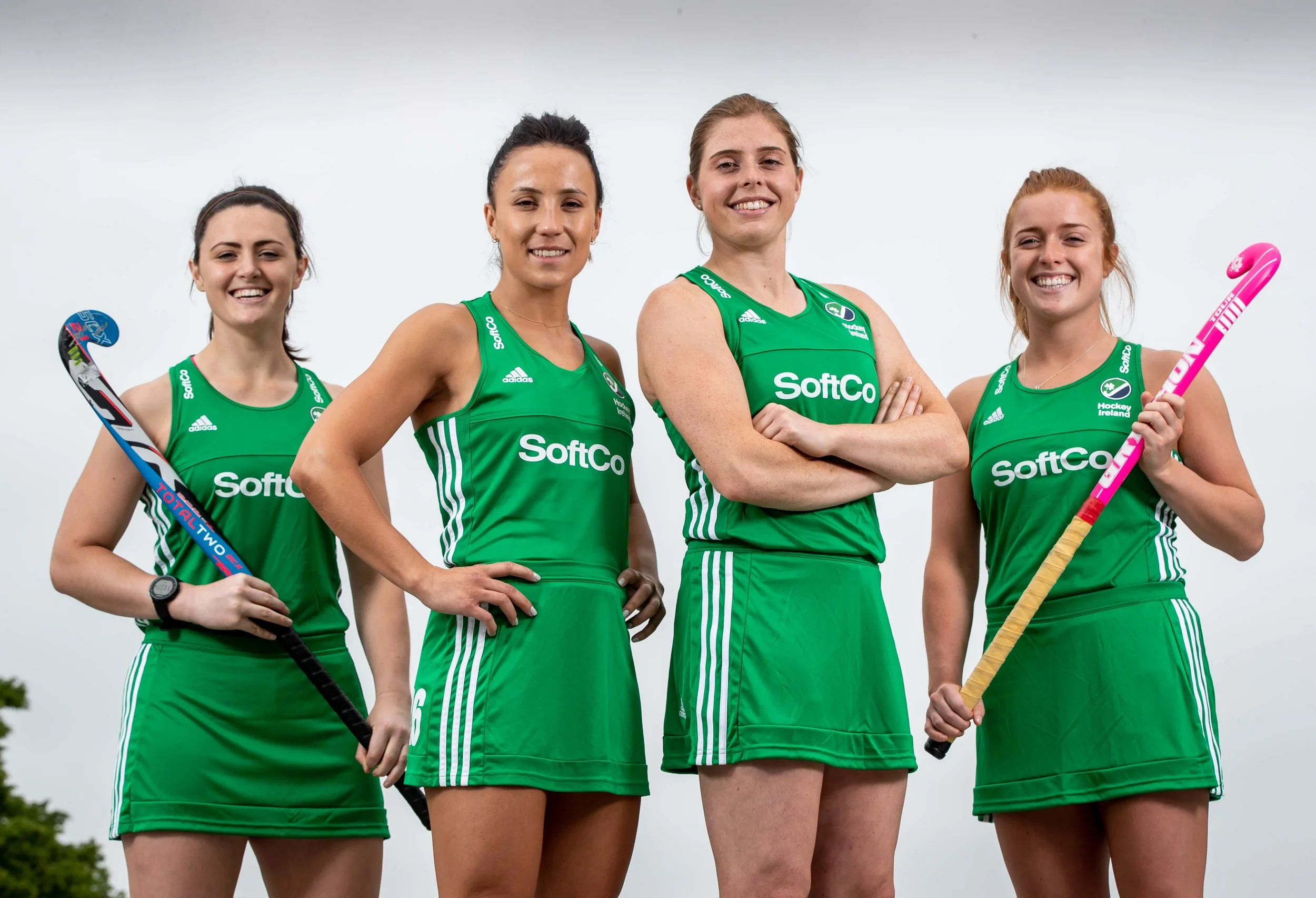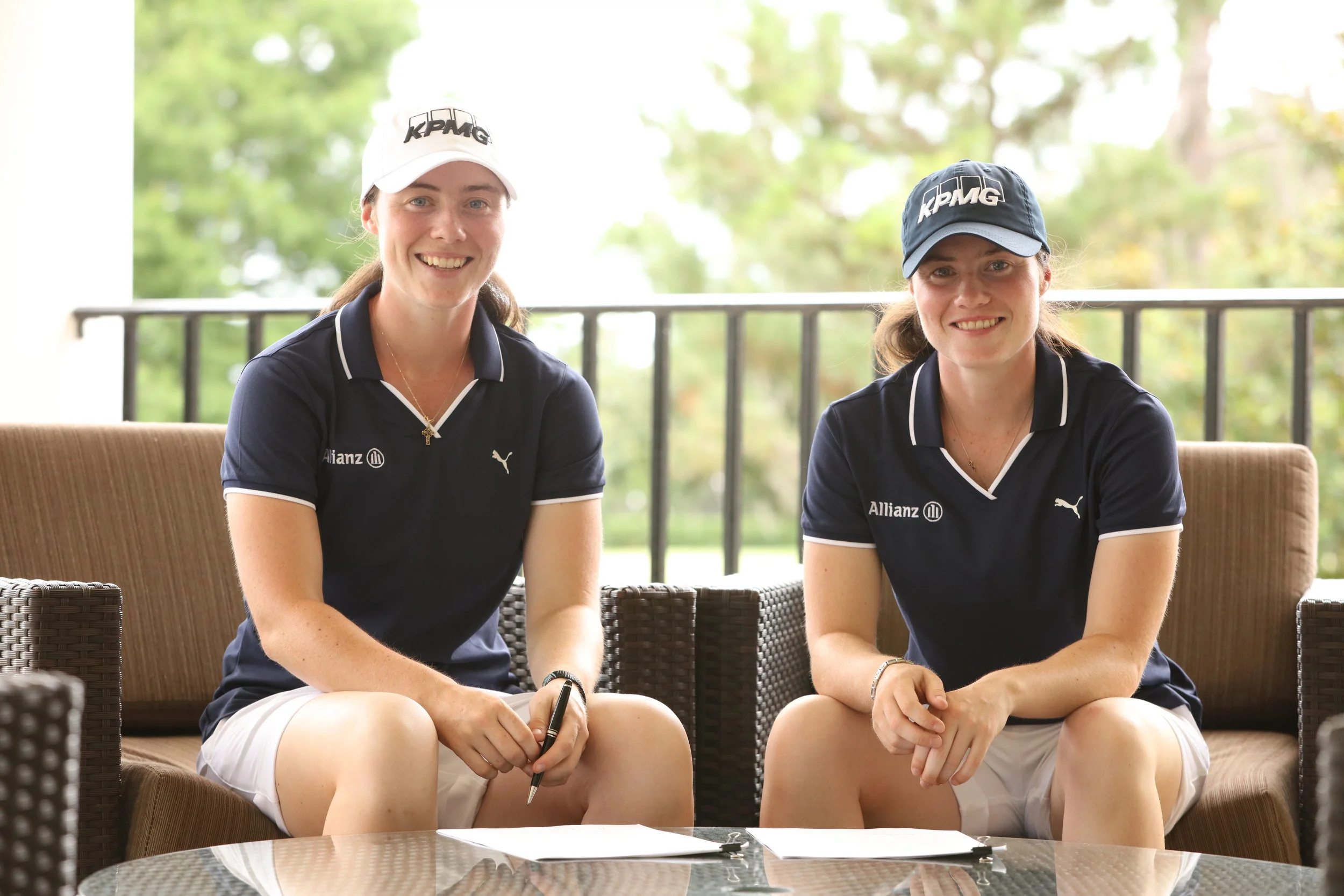The Camogie Association announcing the Liberty Insurance sponsorship of the 2018 All-Ireland Camogie Championships
It has been a week of sports sponsorship announcements – not a rare occurrence at the beginning of the summer, but these new partnerships stand out because they all involve women’s sports. Over the past few days, Allianz announced its’ sponsorship of golfers Leona and Lisa Maguire, SoftCo was revealed as the as the main sponsor of the Women’s World Cup Hockey team, and Liberty Insurance pledged to invest €2.5 million in supporting women’s sport over the next three years, including the sponsorship of the All-Ireland Camogie Championships.
SoftCo is sponsoring the Ireland Women’s World Cup Hockey Team
Why are brands looking to women’s sport now for sponsorship opportunities?
According to John Trainor, founder of sports consultancy firm ONSIDE, the growth in women’s sport in recent years has been driven by a significant increase in media coverage and awareness; the introduction of new professionally organised events and teams including football, hockey, rugby and others; and the success at recent major international tournaments hosted on Irish soil such as the 2017 Women’s Rugby World Cup.
“Sports have been part of the masculine domain for centuries and as traditional gender roles are being questioned, and sports organisations realise the economic opportunity of female fans, change is gaining real momentum,” Trainor said.
Golfers Leona and Lisa Maguire are sponsored by Allianz
“Many future-facing sports are becoming more accessible, inclusive and appealing for women and families. Sports recognise that they need to be a place where families want to come, and mothers want to be with their kids as much as dads.”
Almost all (97 per cent) of sponsors in in the ONSIDE Irish Sponsorship Survey 2018 see women’s sport in general as an opportunity for sponsors in Ireland in 2018, with 61 per cent describing it as a ‘significant’ opportunity.
Previous sponsorships were being chosen on the basis of brand awareness, now the focus has shifted to the connections between the brand and the asset and more purposeful engagements. Trainor said that more and more senior sponsorship and brand managers are women and they choose assets because they are good for their business and the society in which they trade. However, more could be done to help women’s sport, Trainor said. More women need to be hired for official positions in sport, adding that Sarah Keane becoming president of the Olympic Council of Ireland was a “game changer”.
There needs to be and increase in the awareness of, and passion for, women’s sport from an early age.
“The appeal for sponsors of a new generation of Irish superstars such as the Maguire sisters that are built on the shoulders of stars from Sonia O’Sullivan and Katie Taylor will all be major forces in keeping the momentum fast paced,” he said.
Venues too need to adapt to accommodate a more diverse mix of fans, according to Trainor, who said that internationally more and more stadiums have family stands to accommodate children. As well as that, different metrics are also needed to measure success by sponsors building business cases in women’s sports.
“Social media has been instrumental in forcing a rethink on the metrics, as a women’s deal will not offer the same broadcast reach as male sport,” he said. “While women’s sport is increasingly claiming a greater share of the of the broadcast audience, a lack of exposure over time has forced female sports rights holders to be inventive, circumventing traditional TV channels and in some cases overtaking the men’s game in terms of innovation.”
For example, Manchester City Women’s FC was the first football club in Britain to stream competitive game on Facebook Live in the Summer of 2016, reaching 12 million people over three games.
First Published by Collette Sexton HERE in the Sunday Business Post on 10th June 2018.




